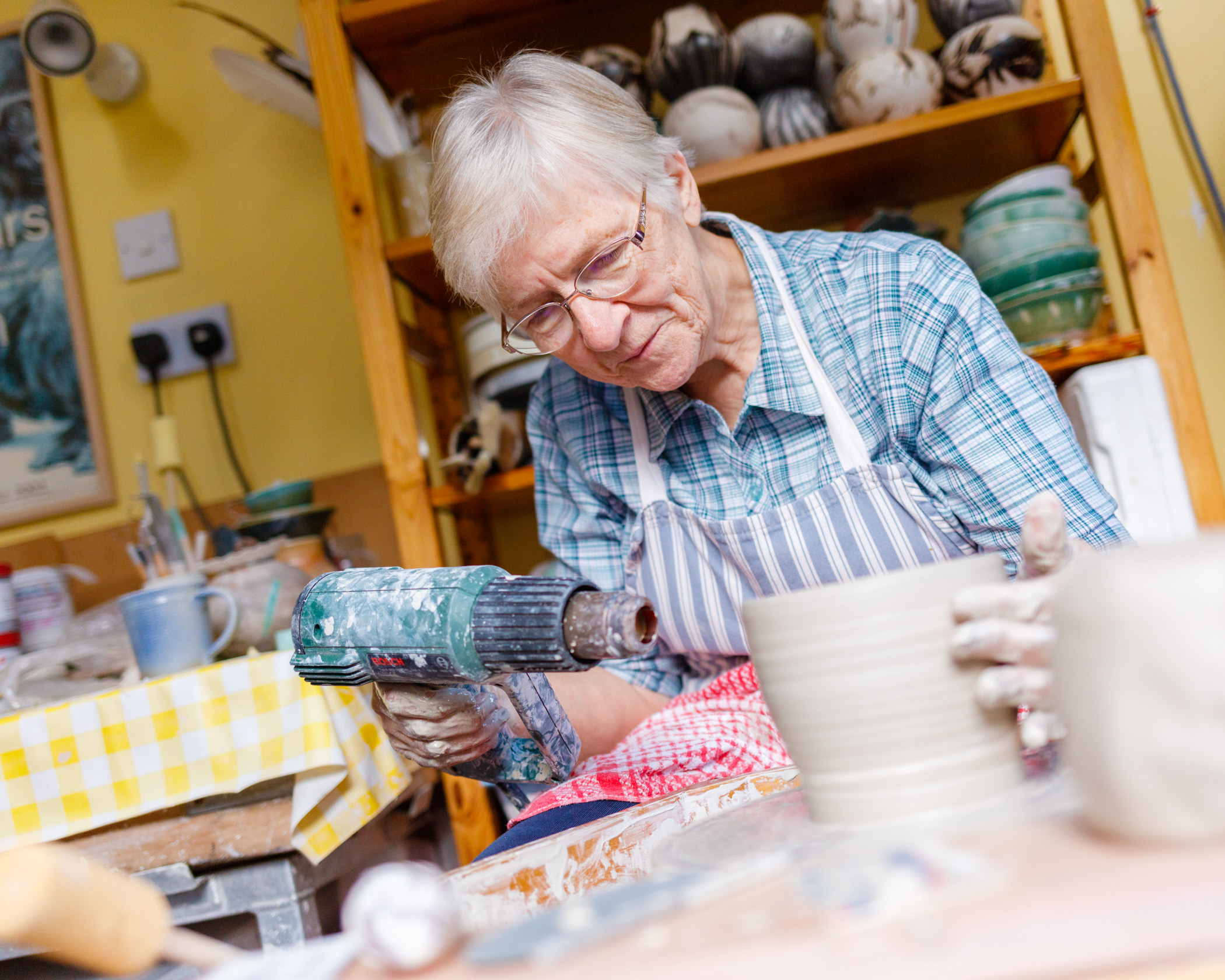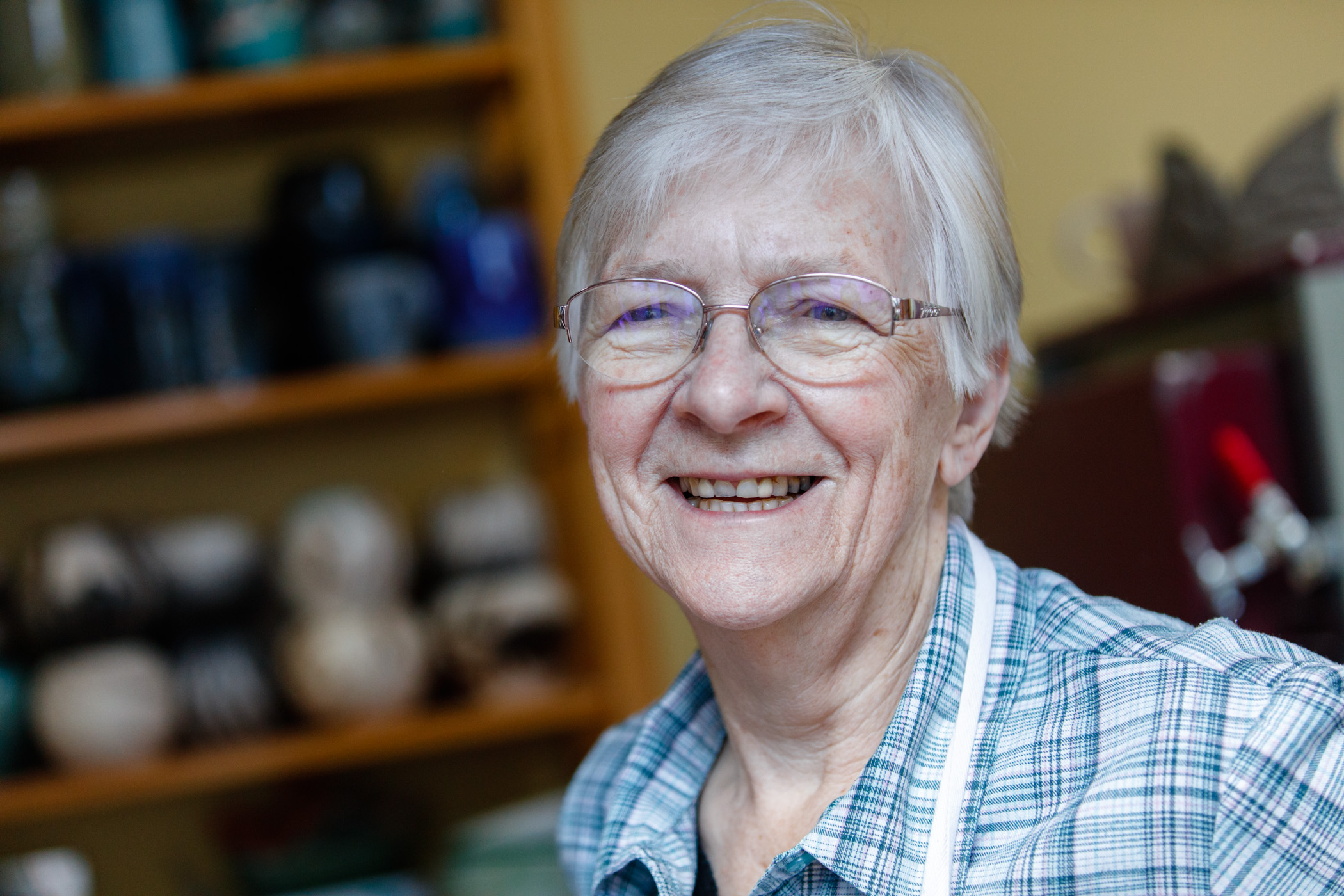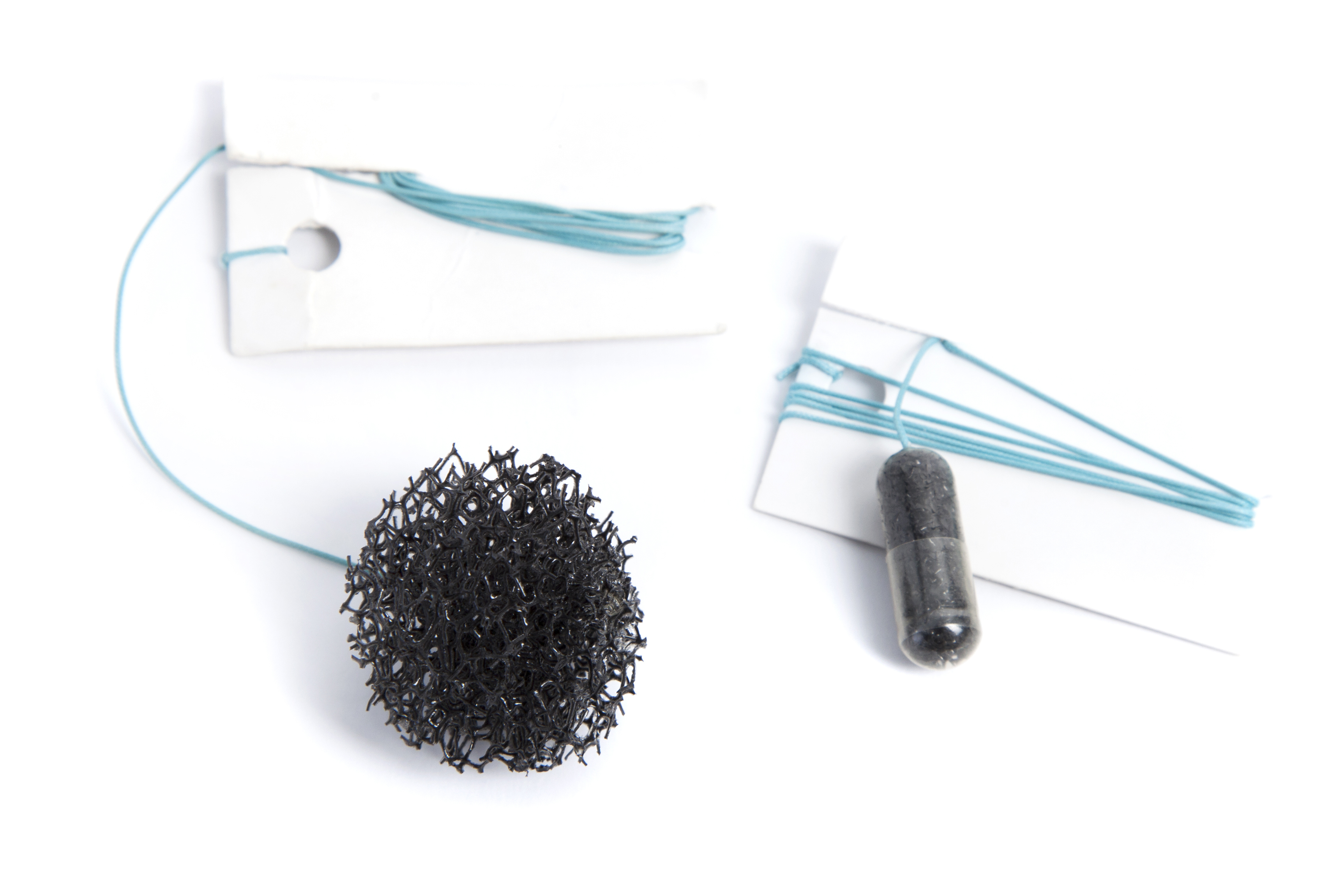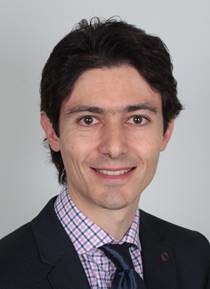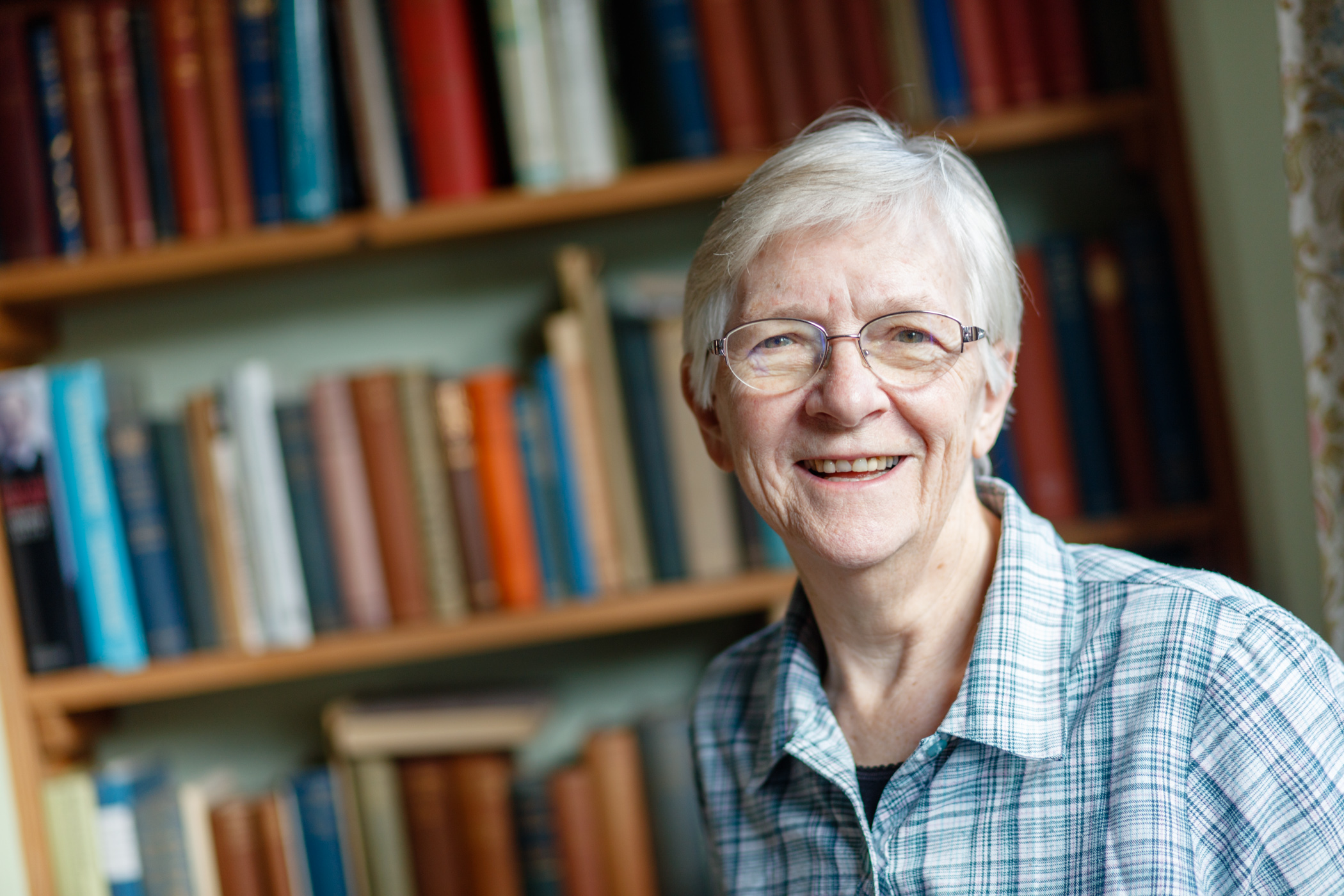
She explains what happened next in this video:
The retired scientist, from Cambridge, felt in good health but a cancerous tumour was growing in her food pipe.
In a stroke of good fortune, Liz’s GP practice contacted her about a clinical trial, called BEST3, which is studying the effectiveness of the Cytosponge. Liz was eligible as she had a history of indigestion and acid reflux.
The Cytosponge, or ‘Pill on a String’, collects cells from the food pipe, which is also called the oesophagus. The cells then undergo molecular testing in the lab. These tests look for signs of a condition called Barrett’s oesophagus, which in some cases can develop into cancer.
Liz, 70, was certain she would be a control subject but abnormalities were discovered and she was referred for further tests. Not only did Liz have Barrett’s oesophagus; she also had cancer. What’s more, the tumour was close to spreading.
Cancer Research UK is supporting the trial and also supported the development of the Cytosponge and molecular test. Now Liz is backing the charity’s ‘Right Now’ campaign to raise awareness of the importance of research.
The charity’s powerful and emotive ‘Right Now’ TV ads show the impact of cancer research on people’s lives. The campaign also aims to show how actions taken right now can make a real tangible difference in helping more people survive.
In a similar move, Liz hopes to draw attention to the impact cancer research has had on her life.
Liz said: “It’s near miraculous to me. If my GP hadn’t been selected and got me on a good day when I thought the trial sounded interesting, I don’t know what would have happened. It’s a chain of events that makes me feel so very lucky. I’m so grateful to everyone involved. I believe this trial saved my life.
“If I hadn’t taken the Cytosponge test, I could now be walking around with cancer. The survival rate for oesophageal cancer isn’t good, so the fact I am clear of cancer is fantastic.
“This experience has changed me. I smile a lot more now! I’m already looking ahead to 2019. Since retiring, I’ve taken up pottery fairly seriously and I am going to be ambitious and make bigger pieces. I also want to get out and do some distance walking. I feel very lucky to be able to make these plans.”
Liz has a science background; she read Natural Sciences at Cambridge University and worked in research labs in the city throughout her career. It was because of her interest in research that she agreed to take part in the trial that’s open to patients on acid suppressants.Liz said: “They told me the BEST3 trial was testing a new method for identifying patients with long-term symptoms of heartburn or acid reflux for a condition called Barrett’s oesophagus and asked me if I wanted to take part.
“I was curious having never heard of Barrett’s oesophagus and was just interested in the technique. It only involved seeing a nurse at my GP Surgery so I went along and had the test. I had to swallow a capsule with a string attached. I waited for five minutes for it to dissolve in my stomach. The expanded sponge was then pulled out quite quickly.
“I thought I would make a good negative control. My reflux symptoms had got no worse over recent years and I felt fine so after the test I went home and forgot all about it. It was very, very simple. Compared to an endoscopy, it’s nothing.
“The results showed I had Barrett’s oesophagus, so I had an endoscopy to validate the results. I could see on the screen that my oesophagus wasn’t normal; it looked sore and inflamed with a bleeding patch. The samples taken during the endoscopy showed I had oesophageal cancer.”
Liz had two endoscopy procedures – called endoscopic resections – to remove the cancerous tissue and required follow up treatment to remove traces of Barrett's.
Liz said: “If I hadn’t gone on the trial, I wouldn’t have known I’d got cancer until I had my next endoscopy in a year’s time. I feel so incredibly lucky.”
The idea for the Cytosponge began over 10 years ago when Professor Rebecca Fitzgerald and her team at the University of Cambridge set about finding an effective way to diagnose and monitor people with Barrett’s oesophagus.With support from Cancer Research UK, the MRC Cancer Unit, the Cambridge University Hospitals Trust and Queen Mary University of London, they developed the ingenious ‘sponge on a string’ pill method of collecting the cells and a reliable laboratory test to analyse them.
People diagnosed with Barrett’s oesophagus can then be monitored regularly to pick up and treat any early signs of cancer.In the BEST3 trial, the Cytosponge has been tested on over 1,000 patients at GP surgeries in East Anglia, the North East, Hampshire, Nottingham, North London, Yorkshire. and Oxfordshire.
Over 10,000 patients on medication for heartburn, will be invited to take part.
Dr Massimiliano Di Pietro, Senior Clinician Scientist and Gastroenterology Consultant at Addenbrooke’s, said: “Liz’s case is a very meaningful example of the importance of research, screening and early diagnosis.
“This is particularly important for those types of cancers, like that of the food pipe, where cancer can be completely silent until late stages, when the disease can be too advanced to be cured.
“Research is of vital importance to make advances in treatment, fundraising for the research is very important too.”
There are many ways for people to show their support – from joining a local Race for Life event, to volunteering in a Cancer Research UK shop or simply wearing a Unity Band for World Cancer Day on 4 February.
To help support life-saving research, visit cruk.org













